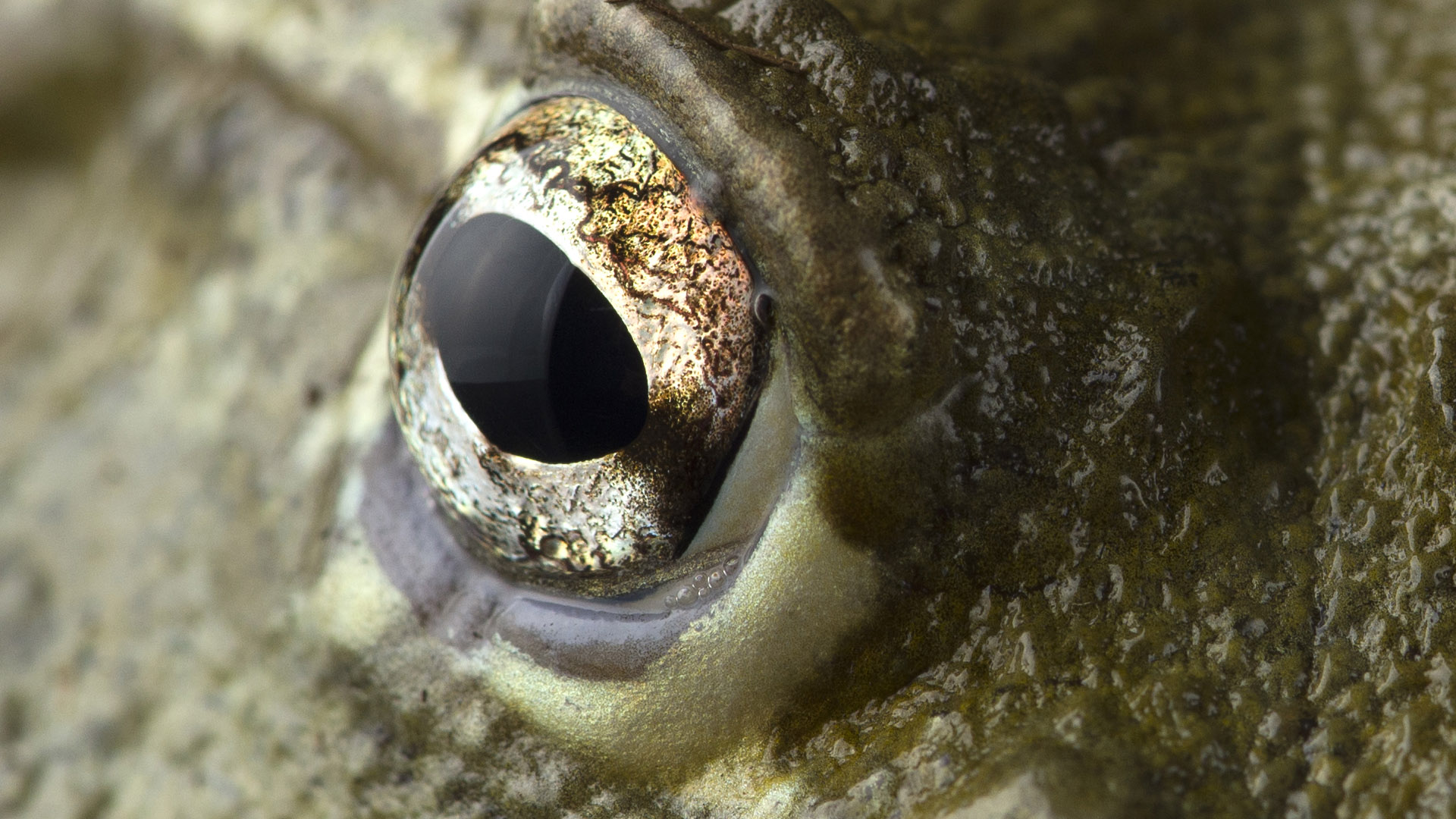March 20th is World Frog Day, dedicated to raising awareness about the importance of frogs and their role in the environment. Africa is home to over 1 000 frog species, each with unique environmental adaptations.
For example, the African bullfrog is known for its ability to burrow deep into the ground to survive during drought. The tomato frog, found in Madagascar, has bright red skin that warns predators of its toxicity.
The desert rain frog in southern Africa has evolved to have a loud, distinctive croak that can be heard over long distances. The African clawed frog has been used in medical research and has contributed to medical advances, including developing vaccines and fertility treatments.
Frogs are an essential food source for many animals, and their disappearance can have cascading effects on the food chain.
Frogs in Africa face many threats, including habitat loss, climate change, and pollution. This has resulted in declines in frog populations, which can have far-reaching environmental impacts.
Wetlands are critical habitats for many frog species; their protection is vital.


